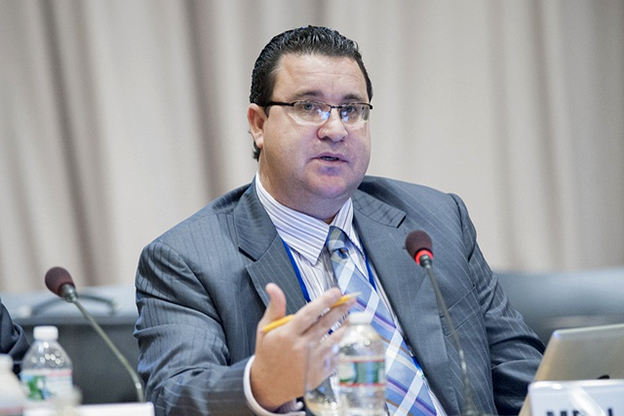The World Bank has charged the country to restore fiscal sustainability going forward in order to facilitate debt reduction to a sustainable level.
It also wants the country to pursue structural reforms, particularly in the energy sector, address economic imbalance and the financial issues that are putting lots of stress on the fiscal framework.
Speaking at the 6th Ghana Economic Update, World Bank Country Director, Pierre Laporte, said addressing these sectoral reforms is critical for Ghana, adding, managers of the economy must pursue efficiency in spending.
“Ghana also needs to pursue structural reforms particularly in the energy sector, the imbalance and the financial issues that are putting lots of stress on the fiscal framework. So addressing these sectoral reforms will be critical and at the same time expenditure side should be measured – that is pursuing efficiency in spending”.
“But focusing on fiscal sustainability alone and too much of drastic adjustments may be harmful to Ghana. That is why the country needs to focus on other areas and in this case we have selected youth employment as a special theme”, Mr. Laporte pointed out.
Today, Ghana’s youth population is estimated at 36%.
Mr. Larpote said “over the last 30 years or so despite several policies introduced to address the youth employment issues, the challenges remain. What should be done is that policies should be introduced to provide opportunities for the youth through several means.”
“One to increase access to financing which is a major constraint to development. Another one is to provide opportunities for SMEs to grow, for instance, the African Continental Free Trade Agreement is a better platform that will not only enable Ghanaians, but Africa youth, in general, to take advantage of the opportunities this initiative will bring.”
Besides that, Mr. Laporte urged government to continue to look at other aspects of support for the youth including digitalisation.











